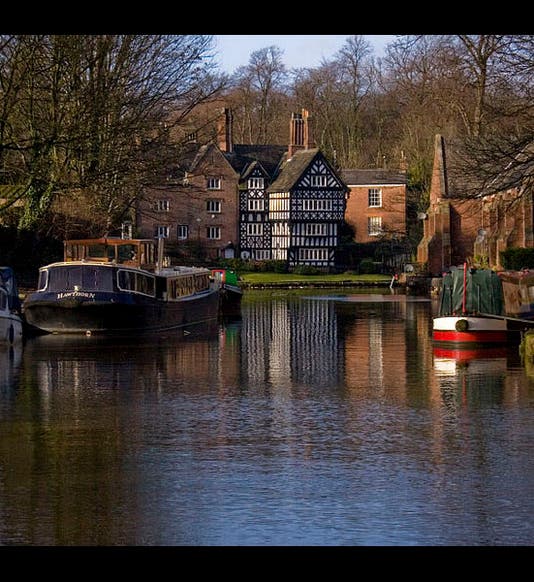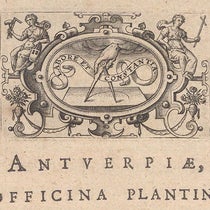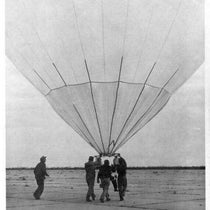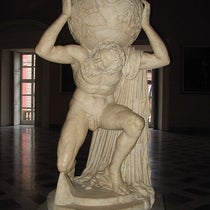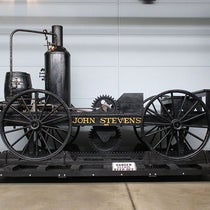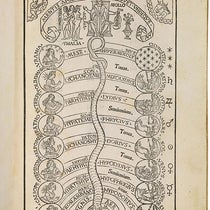Scientist of the Day - Francis Egerton
Francis Egerton, the 3rd Duke (and 6th Earl) of Bridgewater, died Mar. 8, 1803, at the age of 66. The Duke was the driving force behind the first true canal in Great Britain, aptly called the Bridgewater Canal. The Duke owned coal mines in Worsley, and delivering the coal to nearby Manchester had always been a problem. It occurred to the Duke that not only could the coal be conveyed much more economically by water, but it should be possible to run the canal right into the coal seams, underground, so the coal could be mined and shipped out in one fell swoop.
The Duke found the best engineer available, James Brindley, and gave him the task of making reality out of a pipedream. Brindley did so, finishing the project in 1761, and his most brilliant touch was running the Bridgewater canal over the river Irwell on an aqueduct, called the Barton aqueduct, which stunned everyone, since it seemed to all the engineers (except Brindley) that an airborne canal was impossible (second image). Brindley designed his canal to accommodate narrowboats with dimensions no greater than 70 feet long by 7 feet wide (third image). This would set the standard for future canals, which were begun immediately, and continued right up until 1830. Then, just as suddenly, men started building railroads, and the Canal Age was over.
We show two portraits of the Duke. In 1761, when the canal was built, he was apparently a lean young fellow (fourth image; note the Barton aqueduct in the background). The success of his canal may not have gone to his head, but it found room in other parts of his body; the wax portrait medallion (fifth image) was made the year of his death.
Dr. William B. Ashworth, Jr., Consultant for the History of Science, Linda Hall Library and Associate Professor, Department of History, University of Missouri-Kansas City. Comments or corrections are welcome; please direct to ashworthw@umkc.edu.

